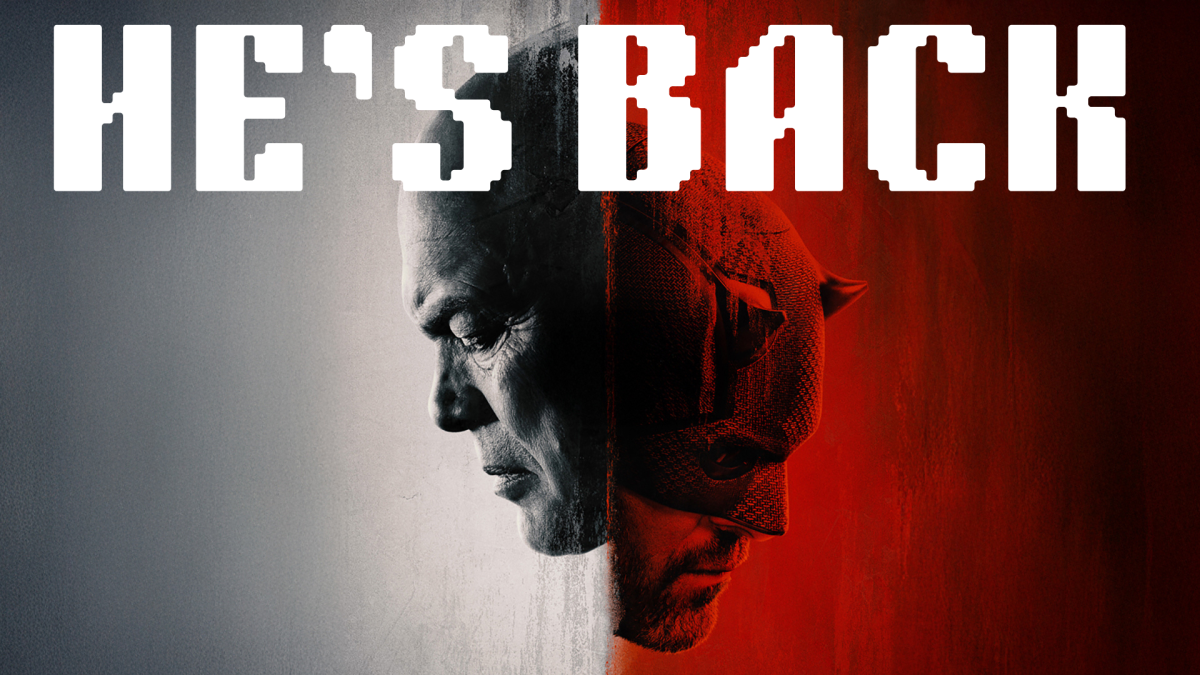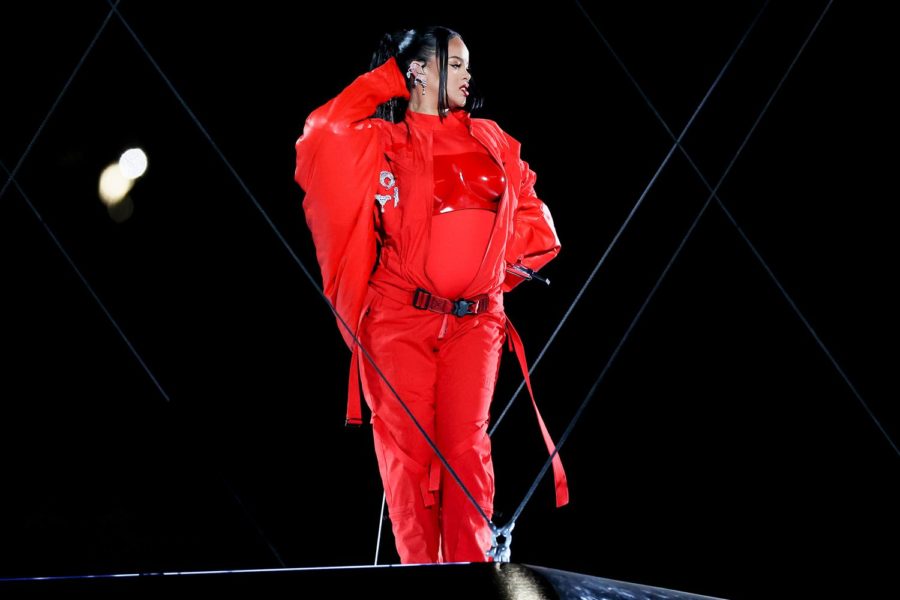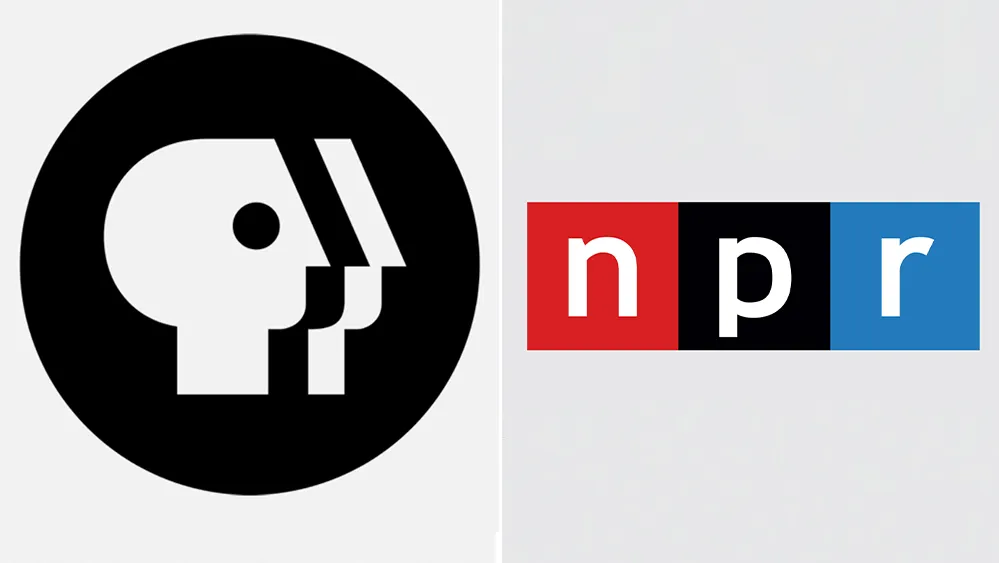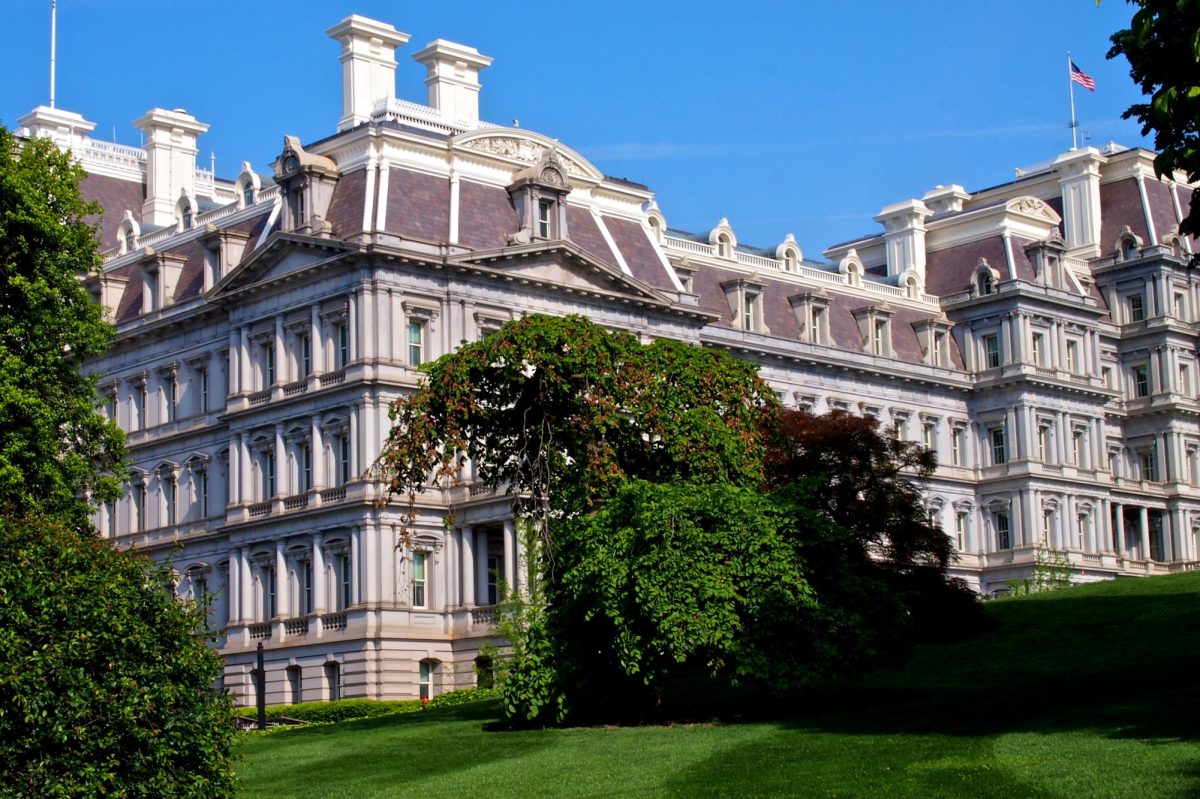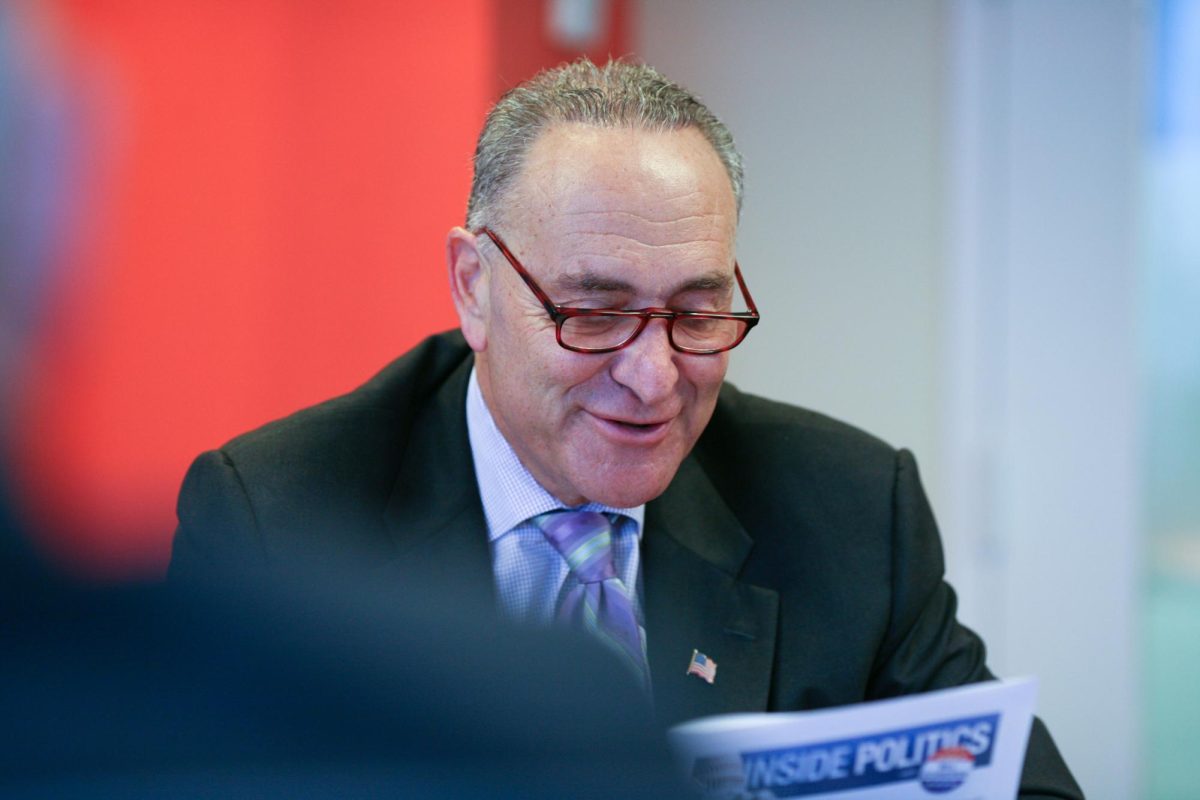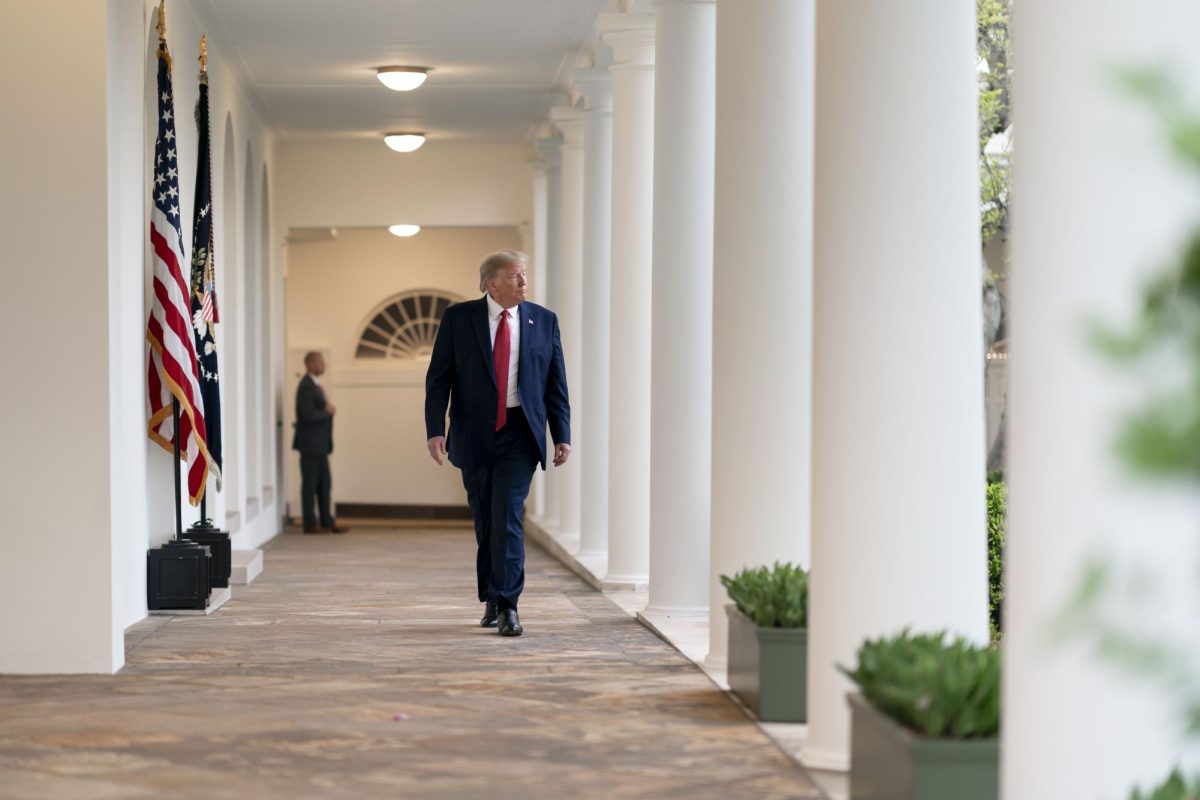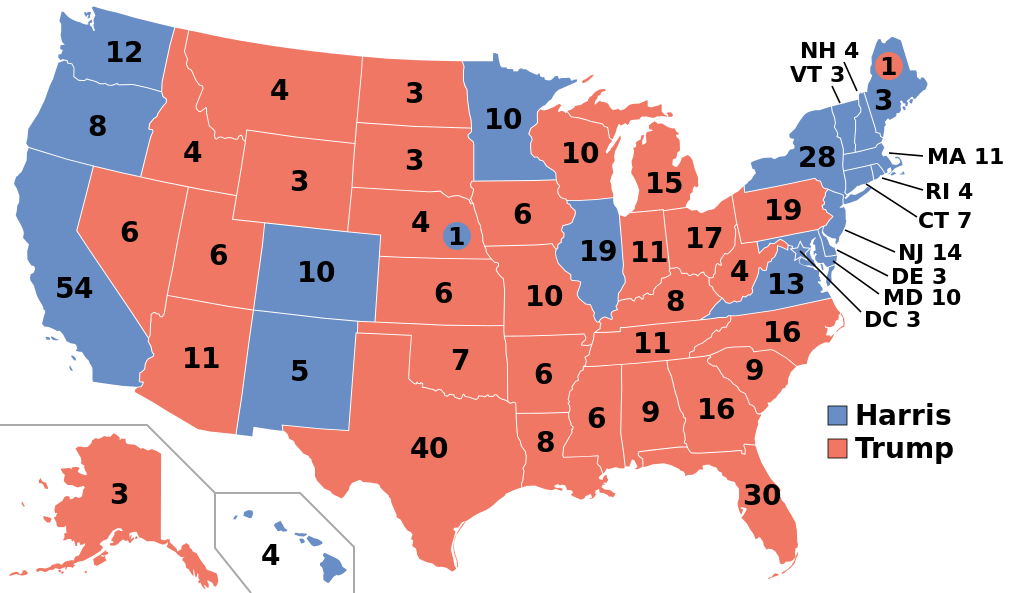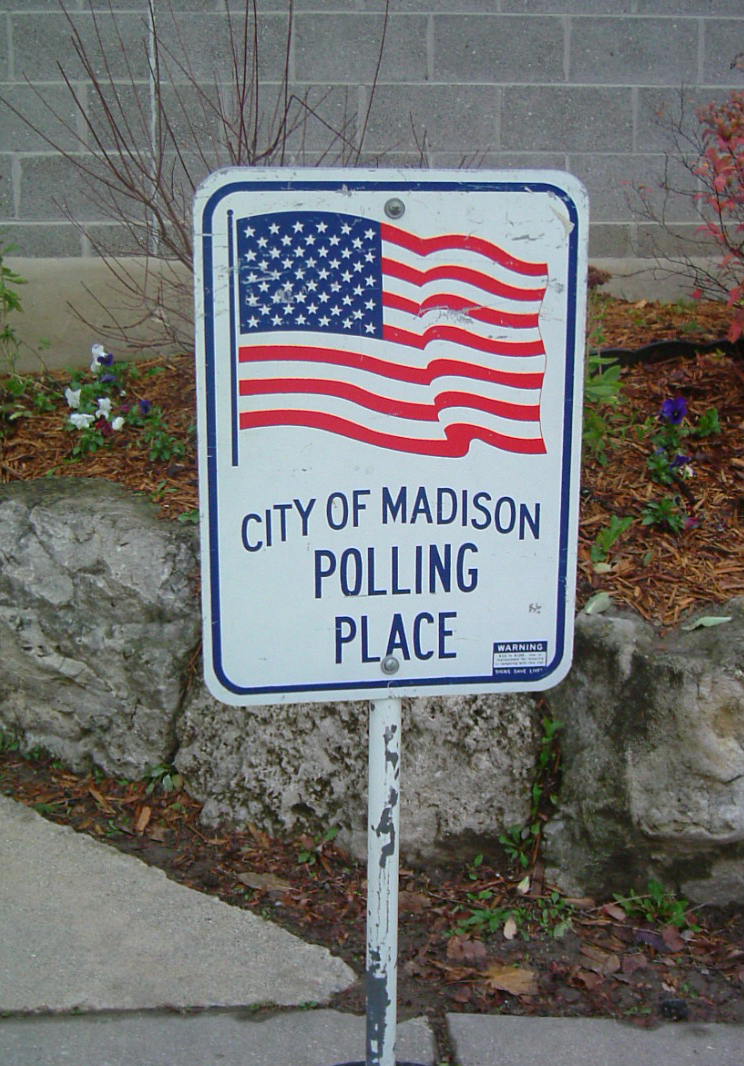A 95th Academy Rewards Review: An (Occasional) Success
March 31, 2023
The 2023 Oscars started out strong–if you choose to block out the overlong and unfunny introduction by third-time host Jimmy Kimmel. Awards ceremonies, especially the Academy Awards themselves, are always rife with controversies, but the first few winners of this year’s Oscars were safe, obvious, and well-deserved picks. First, Guillermo Del Toro’s Pinocchio, a stop-motion animation passion project by the titular acclaimed director, accepted the Best Animated Feature award with a rousing speech championing the importance of animation in film. Second and more importantly, Ke Huy Quan took home the award for Best Supporting Actor. Ke won for his role in Everything Everywhere All At Once, his first major role in more than two decades due to the lack of roles for Asian men in the Hollywood landscape of the aughts and nineties. To comment on the experience of winning after such a discouraging experience in the industry, Ke remarked: “They say stories like this only happen in the movies. It’s happening to me!”
Ideally, moments like this are what the Oscars are meant to stand for: a celebration of the people in the film industry whose work might go unnoticed, or at least for whom recognition is long overdue. It’s difficult to overlook the numerous problems and biases that plague the ceremony, such as the very same ignorant discrimination that Ke was a victim of. However, it’s also hard not to be happy when such an overlooked and talented performer gets the recognition they deserve. The same goes for the incredible Michelle Yeoh, a Hong Kong cinema icon who took home the Best Actress Award in her first-ever nomination for the same film. Overall, Everything Everywhere All At Once swept the awards, taking home Best Picture, Best Editing, Best Original Screenplay, and all acting awards but Best Actor, an unprecedented dominating streak. Also worth mentioning are the musical performances of the Best Original Song nominees, especially Rihanna, Lady Gaga, and winners Rahul Sipligunj and Kaala Bhairava, who were each thrilling and powerful to watch perform in their own right.
However, these moments of genuine worthy celebration are stuffed between loads of textbook Oscar mediocrity and celebrity self-indulgence. Again, Fallon’s third-time hosting routine was bland and half-baked, with purposeless name-dropping and recycled jokes about the infamous slap. The celebrities presenting the awards often weren’t much more interesting. In some particularly depressing examples, big-name actors were troughed out to make pretentious introductions to literal trailers and commercials, which the ceremony made no attempt to integrate naturally. Using time this way is an even stranger choice next to the fact that winners’ acceptance speeches were limited to 45 seconds for the sake of time, hardly even enough time for many winners to thank the people who supported them.
Aside from these low points, the Oscars this year were typical. All Quiet on the Western Front received five Oscars, unsurprising given the Academy’s past love for war dramas. There were no large controversies, which could be considered to be either an improvement or a downgrade from last year’s drama. In general, there were very few surprises, and maybe that’s what we should expect at this point.













